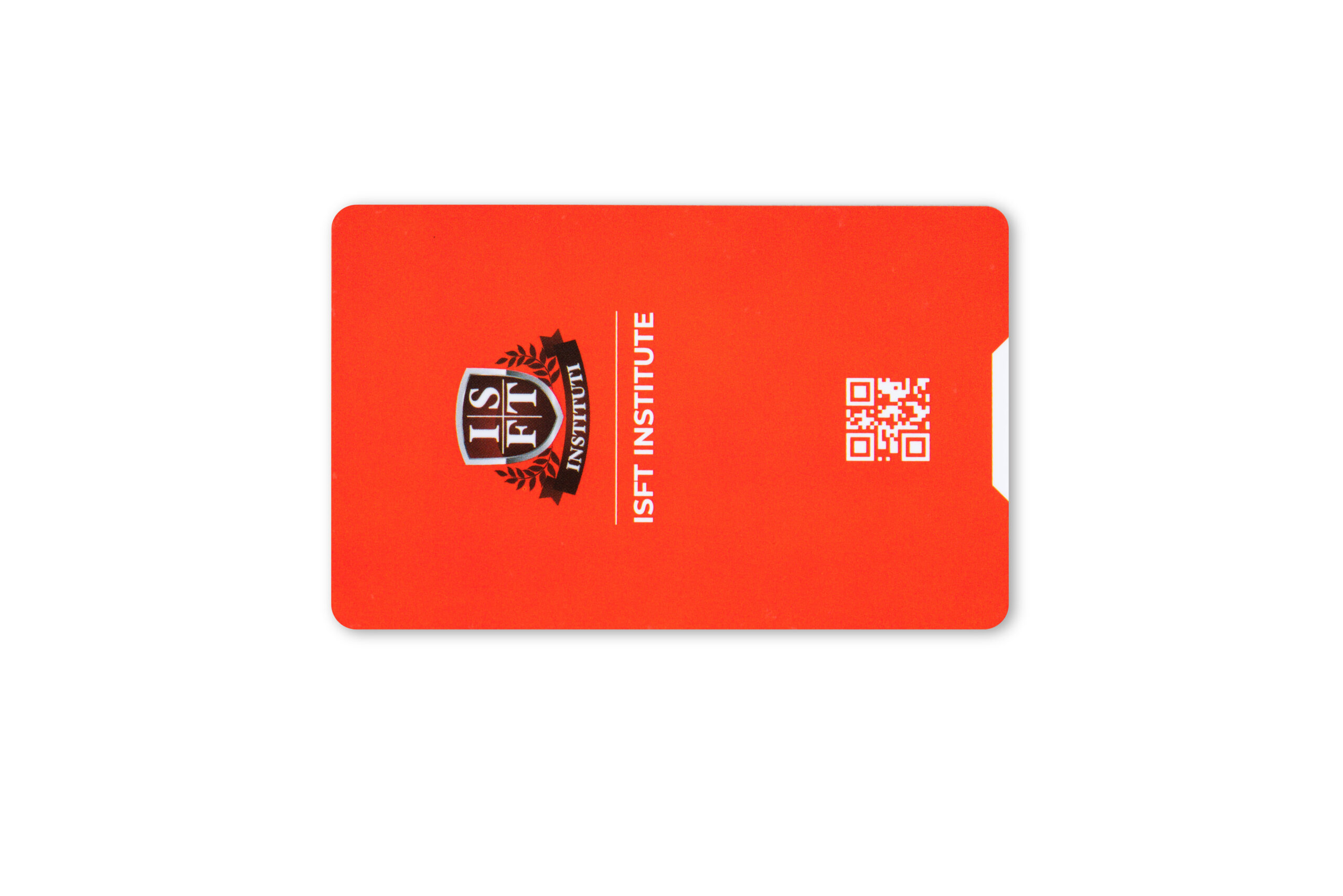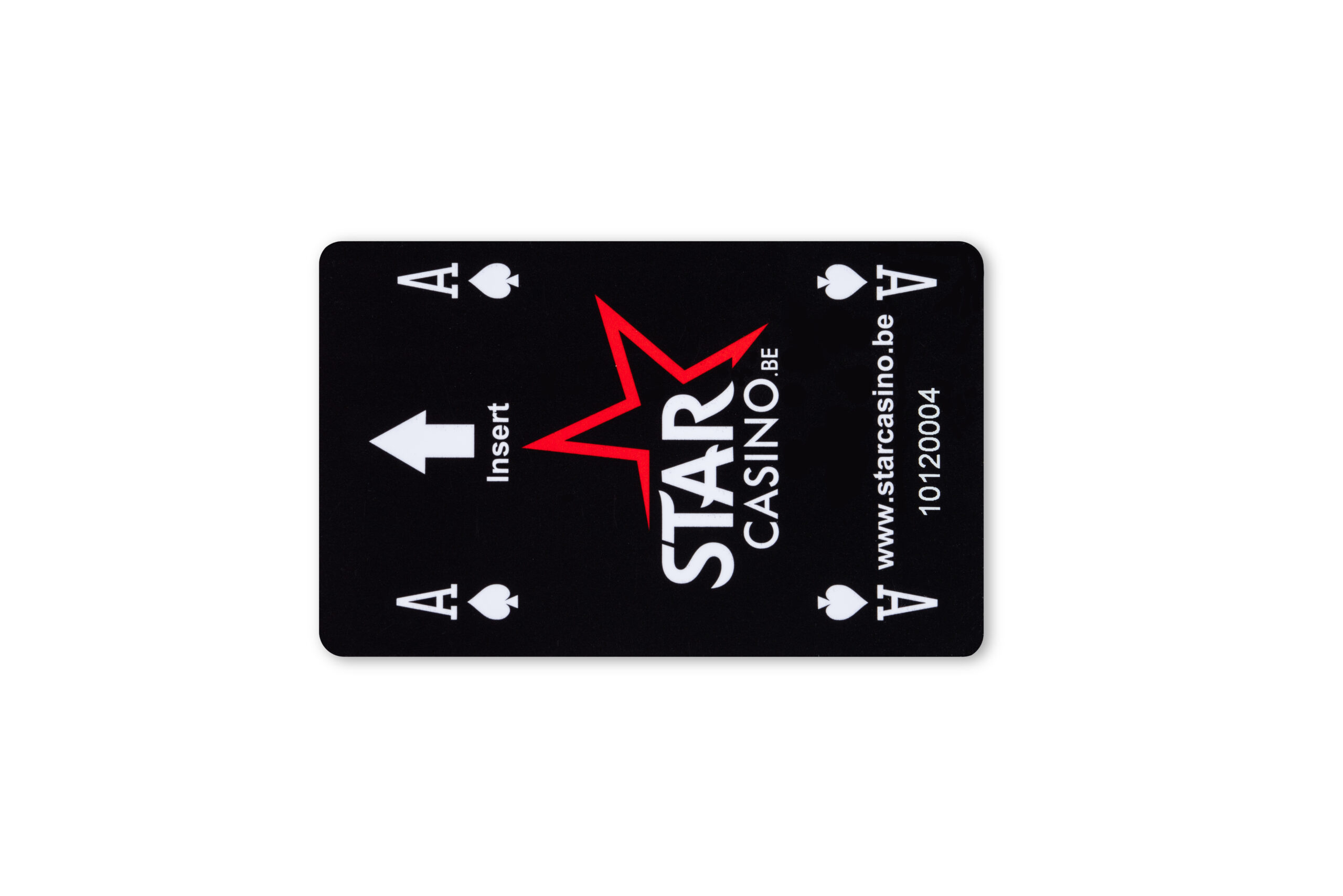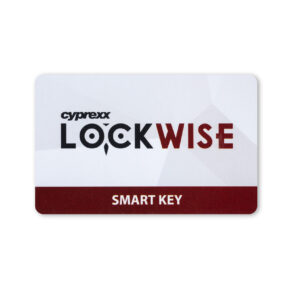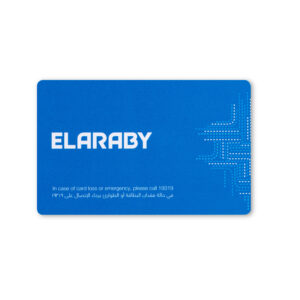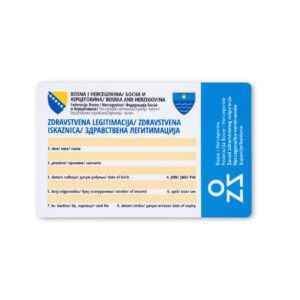Description
The LEGIC MIM256 and MIM1024 smart card ICs are designed for RFID identification media, operating at 13.56 MHz and fully compliant with the Legic RF protocol. They offer 256 bytes (MIM256) or 1024 bytes (MIM1024) of EEPROM memory, providing secure and efficient data storage for essential RFID applications. Both chips support a wide range of applications, including access control, time and attendance tracking, and cashless payment systems. They can also integrate third-party applications on the same IC, enhancing flexibility. Additionally, LEGIC transponder applets enable virtualized chips to be stored on other media, such as credit cards or PKI smart cards, for advanced multi-application environments.
Key Features
-
Available in 256-byte (MIM256) and 1024-byte (MIM1024) EEPROM memory versions
-
Operates at 13.56 MHz frequency
-
Fully compatible with Legic RF protocol
-
Supports third-party application integration
-
Enables virtualized transponder applets on other media (e.g., credit cards, PKI cards)
-
Ideal for secure, multi-functional environments
Why Choose the LEGIC MIM256 / MIM1024?
These chips offer an exceptional balance of memory capacity, secure storage, and seamless app integration. Their ability to host both native and third-party apps makes them highly adaptable, future-proof choices for access control and payment systems.
Application Areas
Access Control Cards
Time & Attendance Cards
Cashless Payment Cards
Technical Specifications
| Attribute | Details |
|---|---|
| Material | PVC, PET, PET-G, PC |
| Size | CR80 standard (86×54mm), customizable |
| Chip Options | LEGIC MIM256 / LEGIC MIM1024 |
| Frequency | 13.56 MHz |
| Memory | 256 bytes (MIM256) / 1024 bytes (MIM1024) EEPROM |
| Protocols | Legic RF protocol |
| Special Features | Third-party app support, virtualized transponder applets |
FAQ
Q: What’s the difference between LEGIC MIM256 and MIM1024?
MIM256 offers 256 bytes of memory, while MIM1024 provides 1024 bytes—choose based on your storage needs.
Q: Can these cards be used with existing LEGIC systems?
Yes, they’re fully compatible with LEGIC RF protocol systems.
Q: Are these chips suitable for multi-application environments?
Absolutely! They support third-party applications and virtualized applets, making them highly versatile for complex systems.



